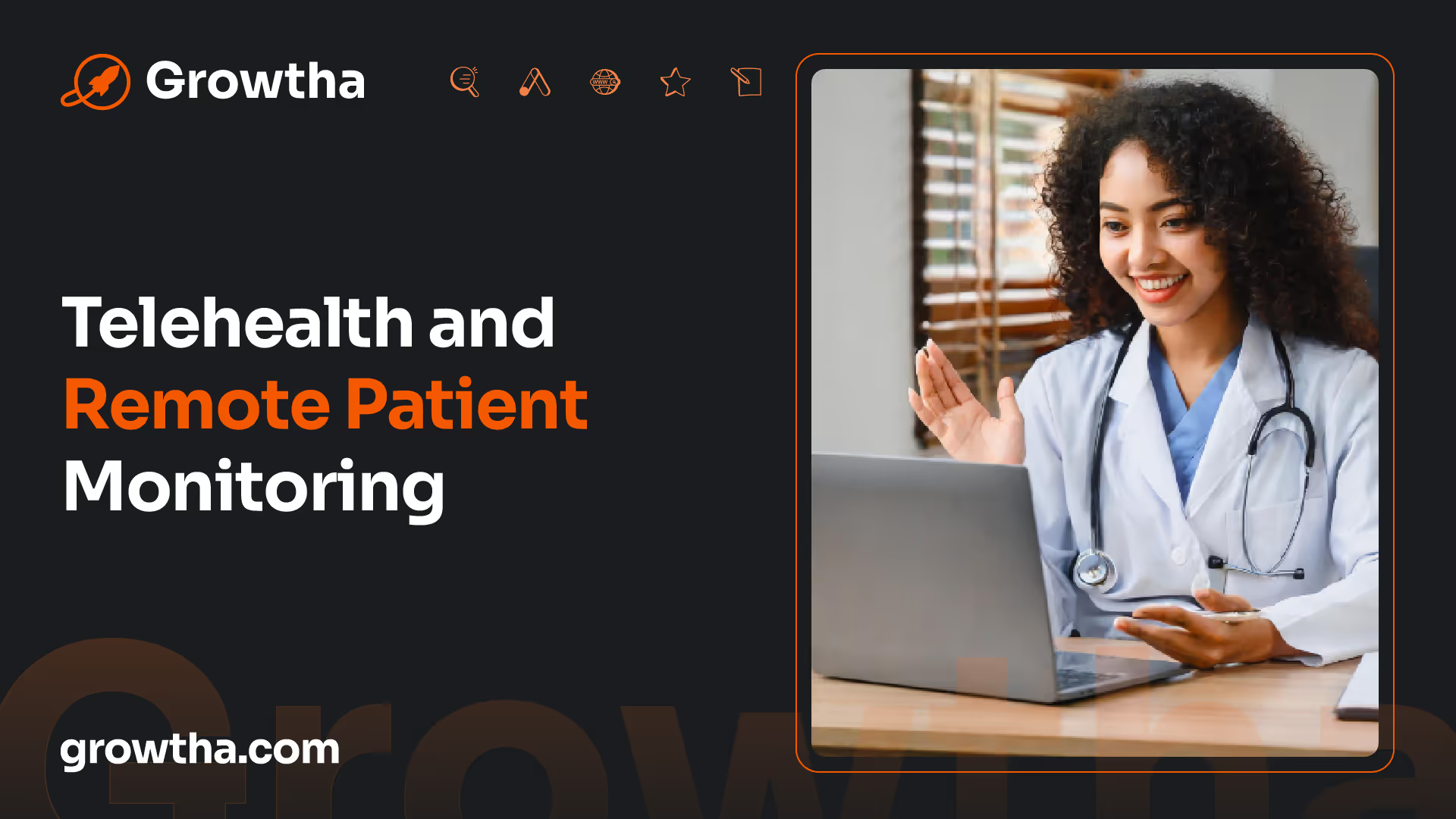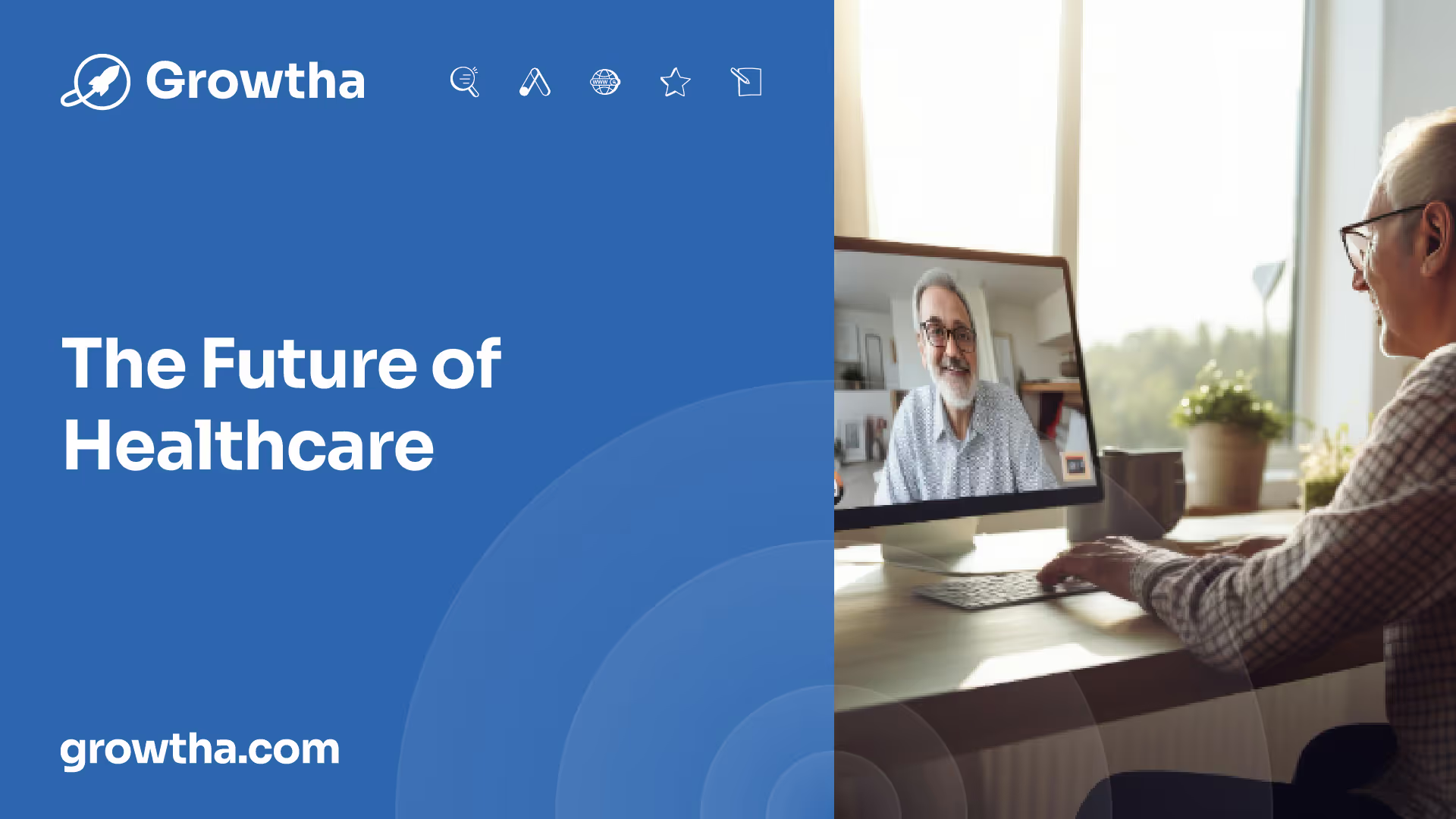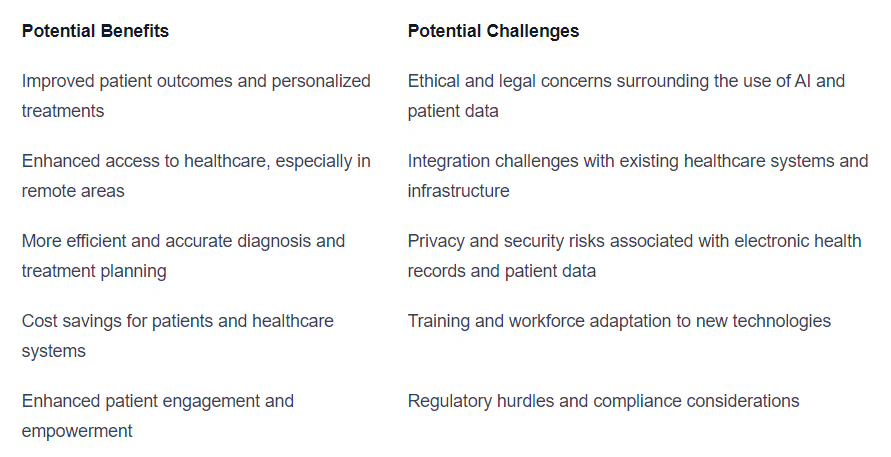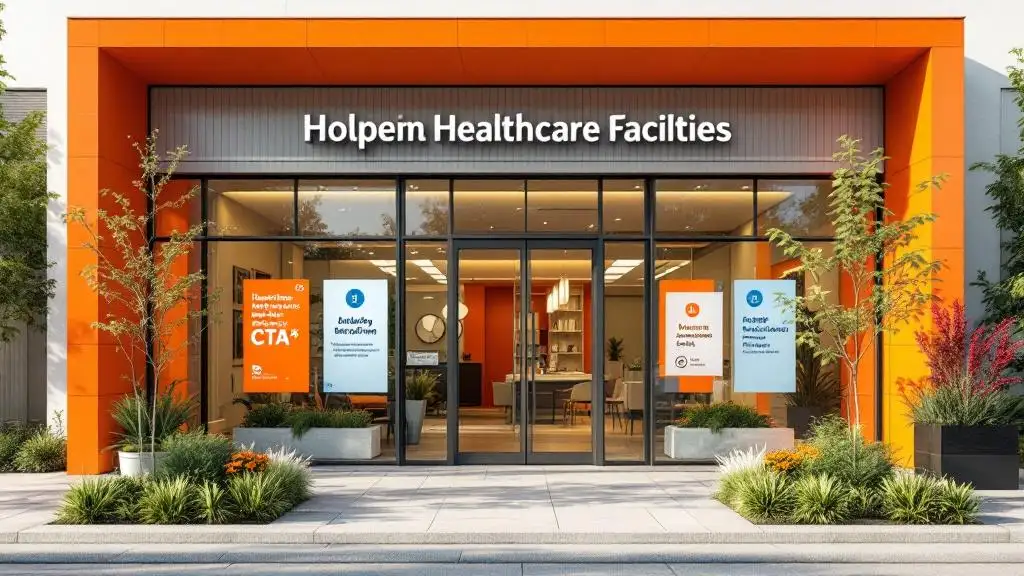The 10 Biggest Trends Revolutionizing Healthcare
The healthcare industry is constantly evolving, with new trends and technologies revolutionizing the way healthcare is delivered.


The 10 Biggest Trends Revolutionizing Healthcare
The Ever-Evolving Healthcare Landscape
The healthcare industry is constantly evolving, with new trends and technologies revolutionizing the way healthcare is delivered. This section provides an introduction to the changing trends in healthcare and explores the impact of technology on the industry.
Introduction to the Changing Trends in Healthcare
The landscape of healthcare is undergoing significant transformations, driven by various factors such as advancements in technology, shifting patient expectations, and the need for more efficient and personalized care. These changing trends are reshaping the way healthcare services are provided, enhancing patient experiences, improving outcomes, and driving innovation.
The 10 Biggest Trends Revolutionizing Healthcare
The healthcare industry is experiencing a significant transformation driven by technological advancements and evolving patient needs. In this section, we will explore the ten biggest trends that are revolutionizing healthcare and shaping the future of the industry.

Telehealth and Remote Patient Monitoring
Telehealth and remote patient monitoring have gained immense popularity in recent years. These technologies enable healthcare professionals to provide medical services remotely, allowing patients to access care from the comfort of their own homes. Telehealth and remote patient monitoring offer numerous benefits, such as improved access to healthcare, reduced costs, and increased convenience for patients.
Artificial Intelligence and Machine Learning
Artificial intelligence (AI) and machine learning (ML) are revolutionizing healthcare by enhancing decision-making processes, enabling more accurate diagnoses, and improving patient outcomes. AI-powered algorithms can analyze vast amounts of medical data to identify patterns, predict disease progression, and assist in treatment planning. Machine learning algorithms can also be used to develop personalized treatment plans based on an individual's unique characteristics.
Precision Medicine and Personalized Healthcare
Precision medicine and personalized healthcare are transforming the way diseases are diagnosed and treated. These approaches take into account an individual's genetic makeup, lifestyle factors, and environmental influences to tailor medical interventions specifically to their needs. By targeting treatments to the unique characteristics of each patient, precision medicine aims to optimize outcomes and improve patient satisfaction.
Virtual Reality/Augmented Reality in Healthcare
Virtual reality (VR) and augmented reality (AR) technologies are making significant contributions to healthcare. VR can be used for pain management, mental health treatment, and medical training simulations. AR enhances surgical procedures by providing real-time guidance and overlaying digital information onto the surgical field. These technologies have the potential to improve patient experiences, enhance medical education, and increase surgical precision.
Blockchain in Healthcare
Blockchain technology offers secure and transparent storage and sharing of healthcare data. It ensures the integrity of medical records, enhances interoperability, and facilitates secure exchange of information between healthcare providers. By leveraging blockchain, healthcare organizations can streamline administrative processes, improve data accuracy, and enhance patient privacy and security.
Wearable Technology and Health Tracking
Wearable technology and health tracking devices have become increasingly popular among individuals looking to monitor and improve their health. These devices, such as fitness trackers and smartwatches, can track various health metrics, including heart rate, sleep patterns, and physical activity levels. By providing real-time data, wearable technology empowers individuals to take control of their health and make informed decisions.
Genomics and Genetic Testing
Advancements in genomics and genetic testing have revolutionized healthcare by enabling personalized prevention, diagnosis, and treatment of diseases. Genetic testing can identify an individual's genetic predispositions, allowing for early intervention and targeted therapies. Genomic research is also driving breakthroughs in precision medicine, particularly in the field of cancer treatment.
Big Data Analytics in Healthcare
The utilization of big data analytics has the potential to transform healthcare delivery and decision-making. By analyzing large volumes of healthcare data, including medical records, clinical trials, and population health data, healthcare providers can gain valuable insights to improve patient outcomes, optimize resource allocation, and identify trends and patterns for better disease management.
Robotics and Automation in Healthcare
Robotics and automation are revolutionizing healthcare by enhancing surgical procedures, streamlining administrative tasks, and improving patient care. Robotic-assisted surgeries offer increased precision and shorter recovery times. Automation of administrative processes, such as appointment scheduling and billing, reduces human errors and frees up healthcare professionals to focus on patient care.
Patient-Centered Care and Empowerment
Patient-centered care focuses on placing the patient at the center of healthcare decisions and tailoring treatments to meet their individual needs. It emphasizes effective communication, shared decision-making, and active involvement of patients in their own care. By empowering patients and considering their unique preferences and values, healthcare providers can improve patient satisfaction and outcomes.
These ten trends are reshaping the healthcare landscape, offering new opportunities for improved patient care, enhanced efficiency, and better health outcomes. Embracing these innovations will lead to a more patient-centric and technologically advanced healthcare system.

The Future of Healthcare
As the healthcare landscape continues to evolve, it's important to keep an eye on the anticipated developments and trends that are shaping the future of healthcare. These advancements have the potential to revolutionize the way we approach healthcare delivery and patient outcomes. In this section, we will explore the anticipated developments and trends in healthcare, along with the potential benefits and challenges they present.
Anticipated Developments and Trends
- Artificial Intelligence and Machine Learning: AI and machine learning algorithms are expected to play a significant role in healthcare. These technologies can aid in diagnosing diseases, analyzing medical images, predicting patient outcomes, and even assisting in drug discovery.
- Telehealth and Remote Patient Monitoring: Telehealth and remote patient monitoring have gained traction, especially in light of recent events. These technologies allow healthcare providers to remotely monitor patients, provide consultations, and deliver care, reducing the need for in-person visits.
- Precision Medicine and Personalized Healthcare: Precision medicine aims to tailor medical treatments to individual patients based on their genetic makeup, lifestyle, and environmental factors. This approach holds the promise of more effective treatments and improved patient outcomes.
- Virtual Reality/Augmented Reality in Healthcare: Virtual reality and augmented reality have the potential to transform healthcare by enhancing medical training, patient education, and even surgical procedures. These technologies can provide immersive experiences and assist in complex medical simulations.
- Blockchain in Healthcare: Blockchain technology has the potential to improve data security, interoperability, and patient privacy in healthcare. It can facilitate secure sharing of medical records, streamline insurance claims, and enable more efficient supply chain management.
Potential Benefits and Challenges
The anticipated developments and trends in healthcare come with their own set of benefits and challenges.

It's important to navigate these challenges as the healthcare industry embraces the future. By leveraging the potential benefits and addressing the associated challenges, we can pave the way for a more efficient, patient-centric, and technologically advanced healthcare system.
The future of healthcare holds immense potential for improving patient care, advancing medical research, and transforming the way healthcare is delivered. Embracing these anticipated developments and trends can unlock new possibilities and lead to a brighter future for healthcare as a whole.
Reference:
7 Trends Revolutionizing Healthcare in 2024







